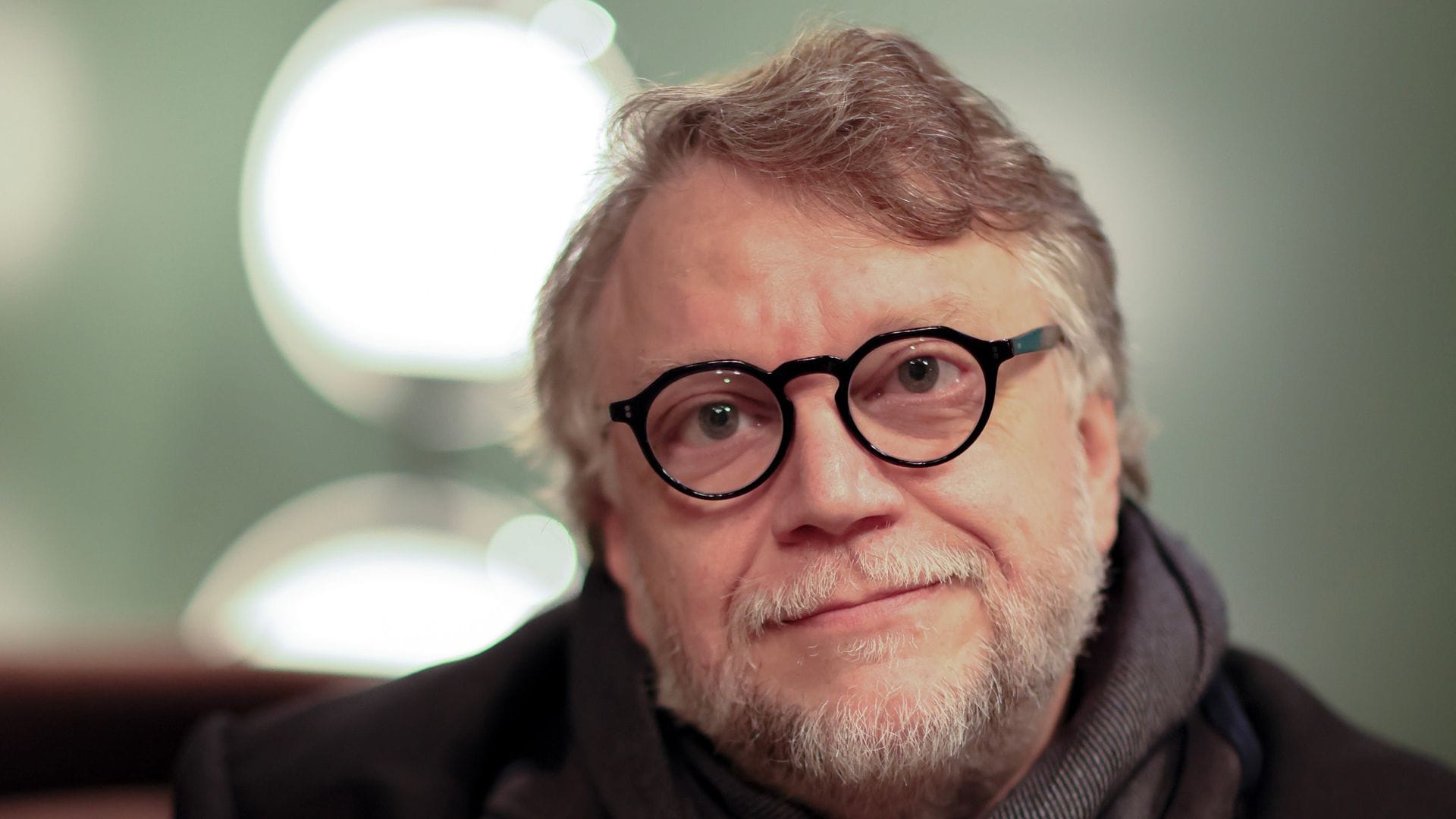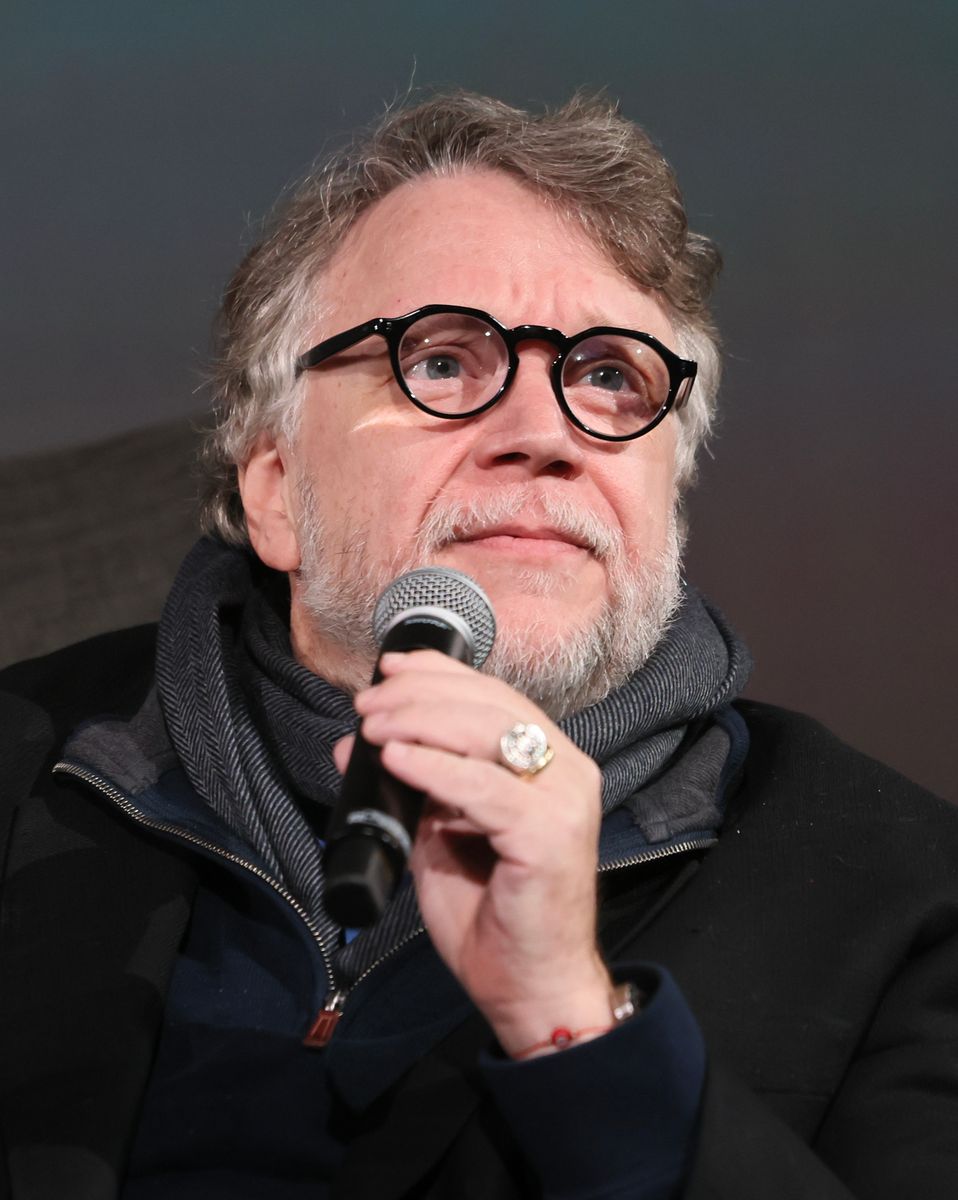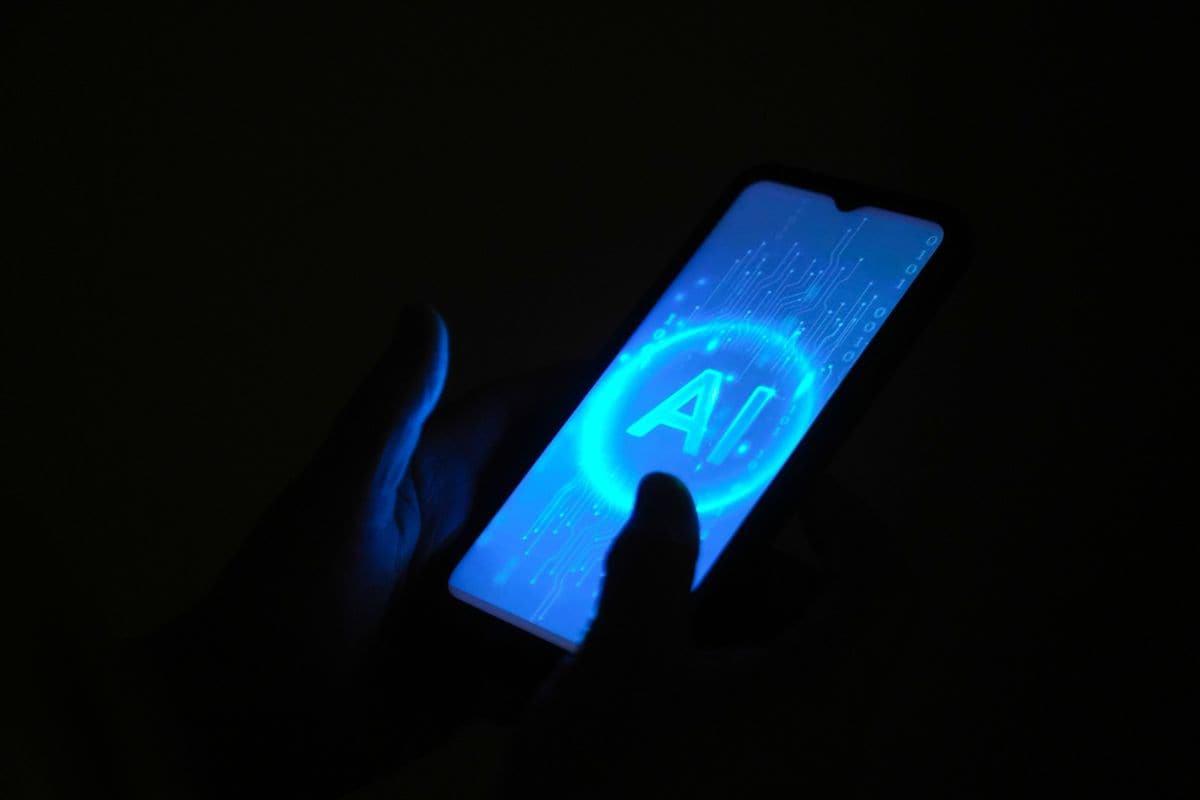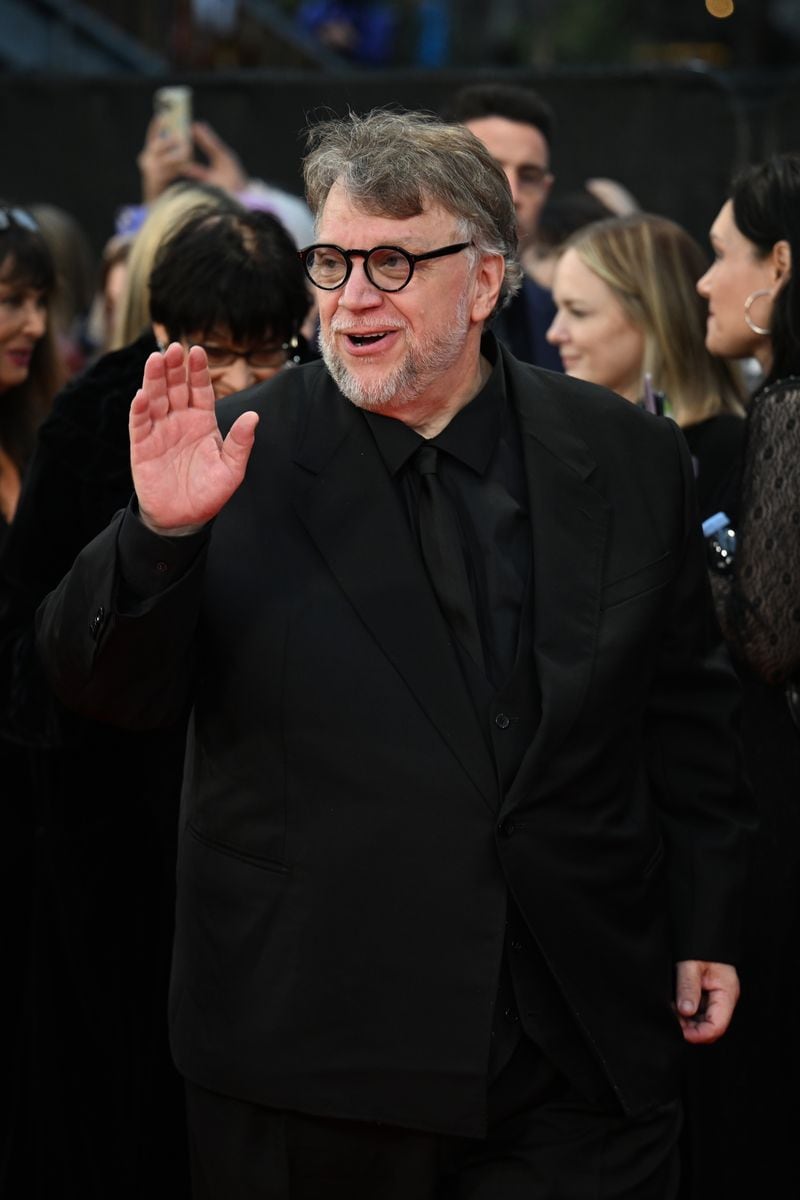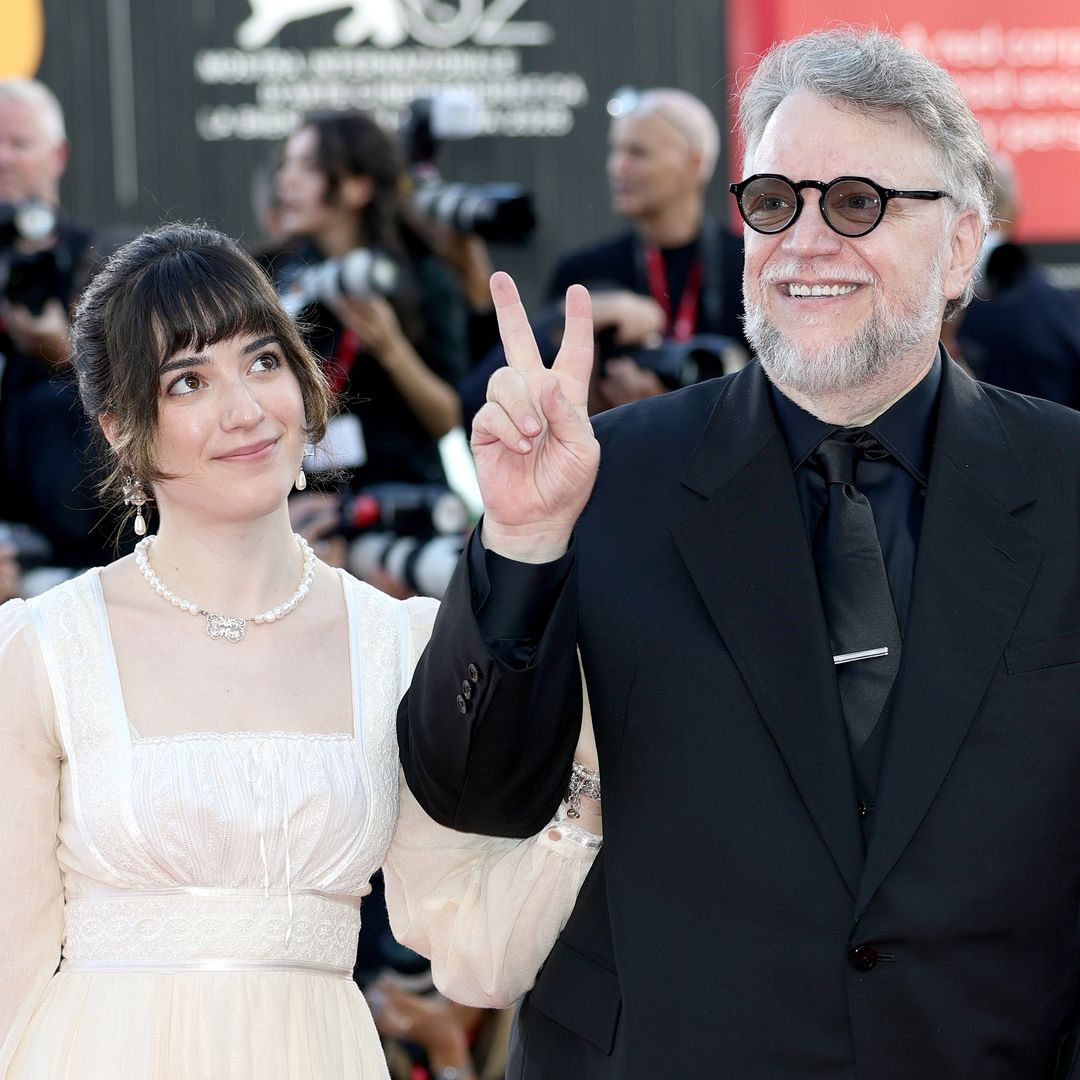Guillermo del Toro has never been shy about confronting humanity’s dark side. From "Pan’s Labyrinth" to "The Shape of Water," the Oscar-winning Mexican director has built his career on stories where imagination meets moral reckoning. Now, as technology gallops ahead, del Toro is raising a warning that sounds eerily familiar, as he thinks we’re becoming Dr. Frankenstein—arrogant creators blinded by our own genius.
In Mary Shelley’s "Frankenstein," Victor’s fatal flaw isn’t his scientific brilliance; it’s his arrogance. He gives life without responsibility, invention without empathy. Del Toro sees the same flaw in today’s “tech bros,” the startup founders and coders who “play God” with artificial intelligence, unleashing new platforms and algorithms without truly weighing their impact.
To him, these innovators resemble Shelley’s doctor far more than they’d like to admit. “They create because they can,” del Toro suggests, “not because they should.”
The Real Threat
While headlines scream about AI’s potential to take over the world, del Toro flips the narrative. “The danger isn’t artificial intelligence,” he says, “it’s natural stupidity.” It’s a sharp jab at the hubris of humans who build tools they don’t fully understand and deploy them without restraint.
Del Toro argues that our obsession with efficiency and automation exposes something deeply fragile in us, a willingness to trade depth for convenience, soul for speed.
Art, Emotion, and the Beauty of Imperfection
Del Toro’s creative philosophy couldn’t be more opposite. For him, art should bleed humanity. “Art and storytelling must come from emotion and intuition,” he says. “They are not meant to be perfect—they are meant to be alive.”
That’s why he stands firmly against the growing use of AI in film production. While studios are using algorithms to write scripts and design visuals, del Toro champions the imperfect magic of handmade cinema that features the brush strokes, the lighting quirks, the fingerprints that make storytelling real.
A Stand for Craft in the Age of Code
When directing "Frankenstein," del Toro refused to rely heavily on CGI, choosing instead to resurrect practical effects, the kind that require sets, paint, wood, and hands. “I want real sets,” he insisted. “I want to see people painting, building, drilling. I don’t want something digital. I want old-school craftsmanship.”
The gamble paid off. His "Frankenstein" premiered to 13 minutes of standing ovation at the Cannes Film Festival, with critics calling it “a visual resurrection of art itself.”
Cinema Needs Time, Soul, and Purpose
Del Toro isn’t alone in this rebellion. Directors like Christopher Nolan and Denis Villeneuve have echoed his call to defend the soul of cinema against digital dilution. In a world obsessed with productivity, del Toro reminds us that creation should take time. It should have weight, meaning, and an ethical backbone.
“Art is not meant to be mass-produced,” he’s said in interviews. “It’s meant to be felt.” Guillermo del Toro doesn’t reject innovation; he rejects innovation without conscience.
